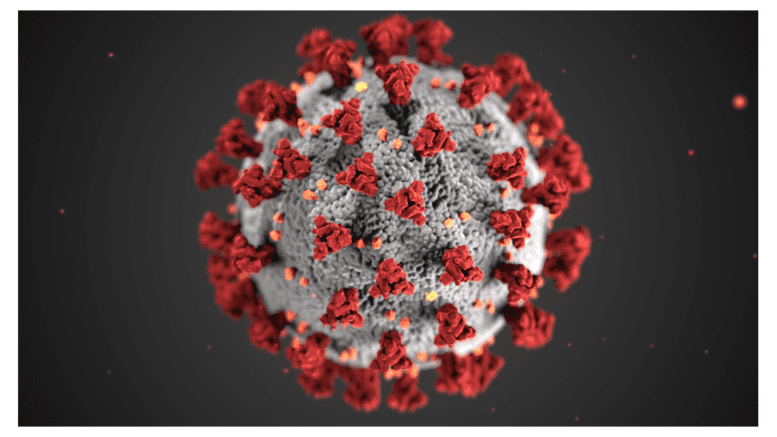Cobb County is not alone among U.S. counties in its designation of high community spread of COVID-19.
CDC Director Rochelle Walensky, MD, MPH, announced in a tweet today that over 90 percent of U.S. counties are either experiencing substantial or high levels of community transmission.
High transmission, the most serious level, is 100 cases or more per 100,000 of population over a 14-day period. According to the Cobb & Douglas Public Health website Cobb is at 469 cases per 100,000, more than four-and-a-half times the threshold for high transmission.
Substantial transmission is 50 – 99.99 cases per 100,000.
Here is the tweet from Walensky:
We continue to see #COVID19 cases, hospitalizations, and deaths increase across our country. Now, over 90% of counties in the US are experiencing substantial to high transmission. If you have not yet, I urge you to get vaccinated to protect yourself and your community. https://t.co/Ugvm6FwETF
— Rochelle Walensky, MD, MPH (@CDCDirector) August 12, 2021
She also tweeted about the results of a CDC data analysis indicating that the vaccines are safe for pregnant women, and advising pregnant women to get vaccinated because of the serious risk of COVID-19.
HCPs: Preliminary findings from CDC’s v-safe pregnancy registry suggest mRNA #COVID19 vaccination during early pregnancy does not increase miscarriage risk. Findings can help inform vaccination discussions during pregnancy between you & your patients. https://t.co/SAVvJS9Dgj pic.twitter.com/R87Ty2TKEZ
— Rochelle Walensky, MD, MPH (@CDCDirector) August 12, 2021
Yesterday the CDC issued a press release about the pregnancy analysis, reprinted below:
CDC has released new data on the safety of the COVID-19 vaccines in pregnant people and is recommending all people 12 years of age and older get vaccinated against COVID-19.
“CDC encourages all pregnant people or people who are thinking about becoming pregnant and those breastfeeding to get vaccinated to protect themselves from COVID-19,” said CDC Director Dr. Rochelle Walensky. “The vaccines are safe and effective, and it has never been more urgent to increase vaccinations as we face the highly transmissible Delta variant and see severe outcomes from COVID-19 among unvaccinated pregnant people.”
A new CDC analysisexternal icon of current data from the v-safe pregnancy registry assessed vaccination early in pregnancy and did not find an increased risk of miscarriage among nearly 2,500 pregnant women who received an mRNA COVID-19 vaccine before 20 weeks of pregnancy. Miscarriage typically occurs in about 11-16% of pregnancies, and this study found miscarriage rates after receiving a COVID-19 vaccine were around 13%, similar to the expected rate of miscarriage in the general population.
Previously, data from three safety monitoring systems did not find any safety concerns for pregnant people who were vaccinated late in pregnancy or for their babies. Combined, these data and the known severe risks of COVID-19 during pregnancy demonstrate that the benefits of receiving a COVID-19 vaccine for pregnant people outweigh any known or potential risks.
Clinicians have seen the number of pregnant people infected with COVID-19 rise in the past several weeks. The increased circulation of the highly contagious Delta variant, the low vaccine uptake among pregnant people, and the increased risk of severe illness and pregnancy complications related to COVID-19 infection among pregnant people make vaccination for this population more urgent than ever.

